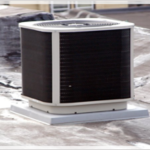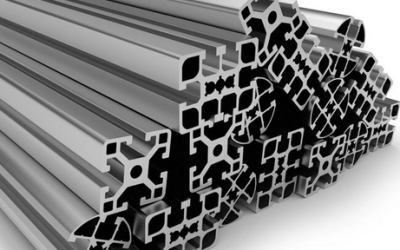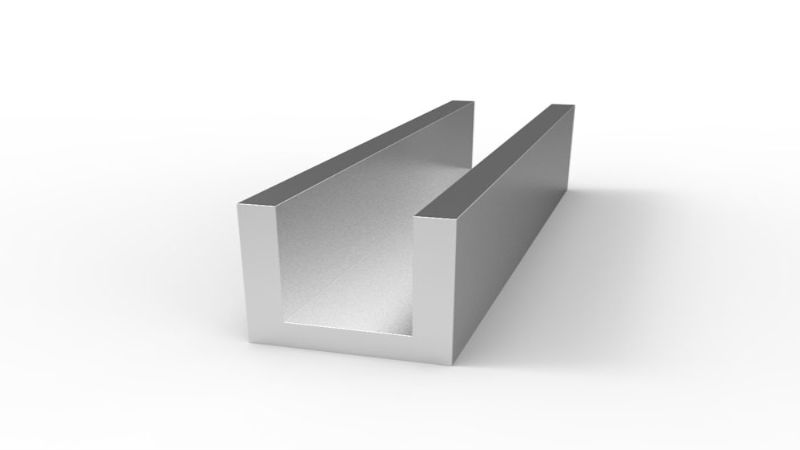When machine shops and fabricators work with aluminum all the time, or when large types of production and manufacturing contractors order their aluminum round plate, they typically have a very good idea of just what grade and type of plate to choose.
For those new to working with aluminum, or for an OEM or startup company just getting into working with aluminum, making the right choice can be more than a bit confusing. Ideally, with a first order, work with a distributor that is knowledgeable and understands the best applications for the various options they carry.
It may also be a benefit to call the manufacturer of the aluminum round plate and talk to their team. Telling these aluminum experts what you need and where and how the alloy will be used will help them to make a recommendation.
If you are choosing on your own, here are some serious mistakes to avoid when choosing an aluminum plate and having it cut into any shape you require.
Don’t Go By Strength Alone
In most cases, aluminum round plate is not going to be a structural element. It will need to withstand temperature and perhaps pressure, but it is not required to be the strongest possible alloy.
Often the aluminum alloys that have the highest strength are also the ones that cannot be welded. This can create a problem with your design and construction or manufacturing processes.
Corrosion Resistance
Many times people unfamiliar with aluminum assume all the alloys have good corrosion resistance. In fact, some have poor corrosion resistance in both marine as well as inland applications. However, if you choose to use these alloys, they can have surface treatments that will add to the cost of the aluminum but will create a harder, stronger surface that is resistant to corrosion based on the treatment selected.







